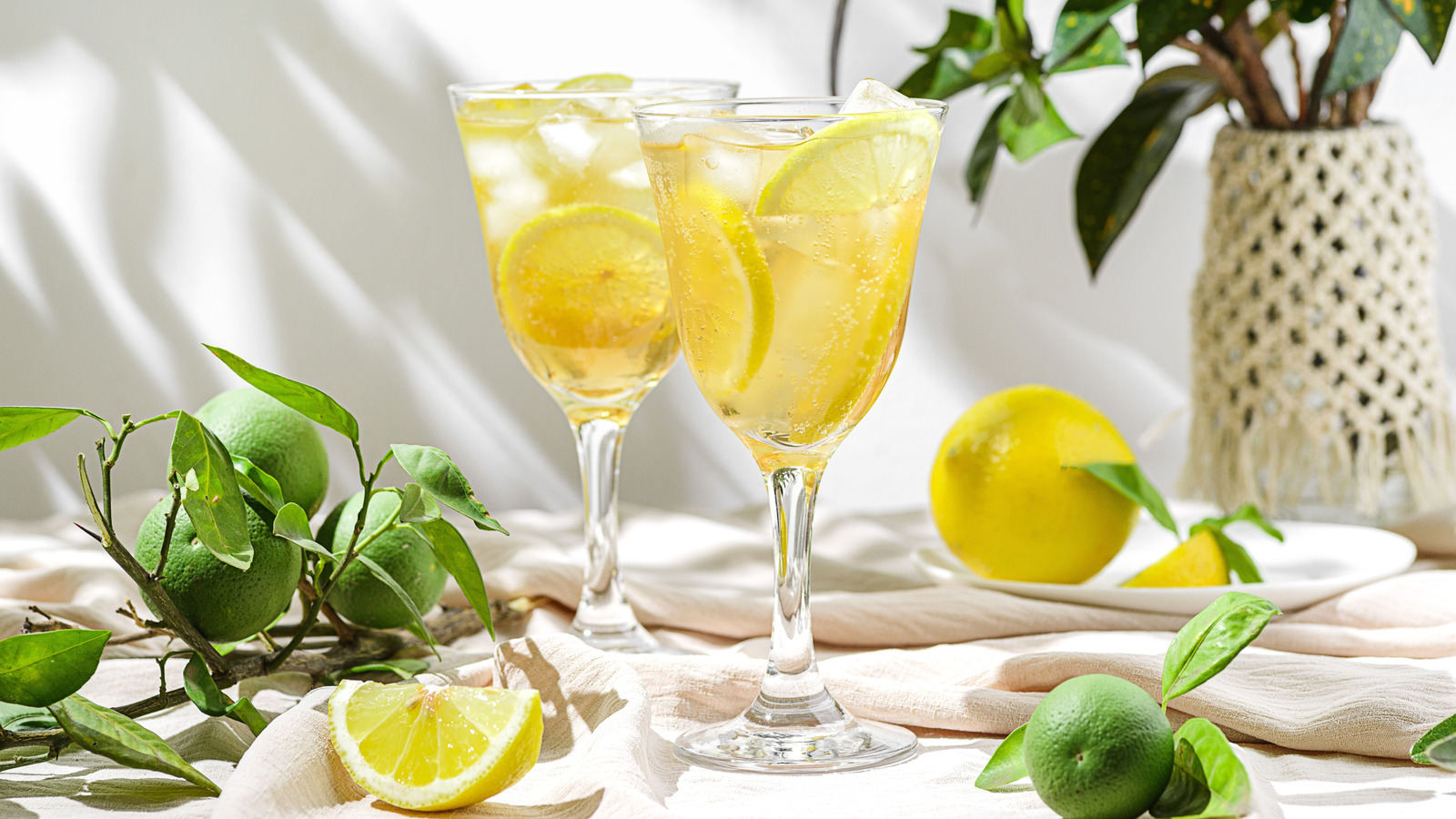
"A few obvious things stand out with lemon wine: It's not made from grapes, doesn't rely on the intricacies of terroir, and there's no need for giant oak barrels. It's therefore simple to make and readily available, with far less fuss and frenzy."
"At its core, lemon wine gets fermented with lemon juice, sometimes including the zest, sugar, water, and wine yeast. But since lemons themselves have almost no fermentable sugar, the amount of added sugar necessary for winemaking can be several pounds per gallon. It's also common to support fermentation with raisins, white grape juice, and yeast nutrients. However, unless you're making your own lemon wine at home, what's most important to potential crossover wine-drinkers is the taste - which can be hard to imagine"
Lemon wine is produced by fermenting lemon juice, often including zest, sugar, water, and wine yeast. Lemons contain almost no fermentable sugar, so winemaking requires several pounds of added sugar per gallon and frequently uses raisins, white grape juice, and yeast nutrients to support fermentation. Lemon wine does not rely on grape terroir or oak aging and is relatively simple and widely available. The beverage is lighter-bodied, brighter, and sharper than grape wines, with citric acidity balanced by added sugars. Challenges include high acidity and a heavy sugar requirement, making taste the critical factor for crossover drinkers.
Read at Tasting Table
Unable to calculate read time
Collection
[
|
...
]